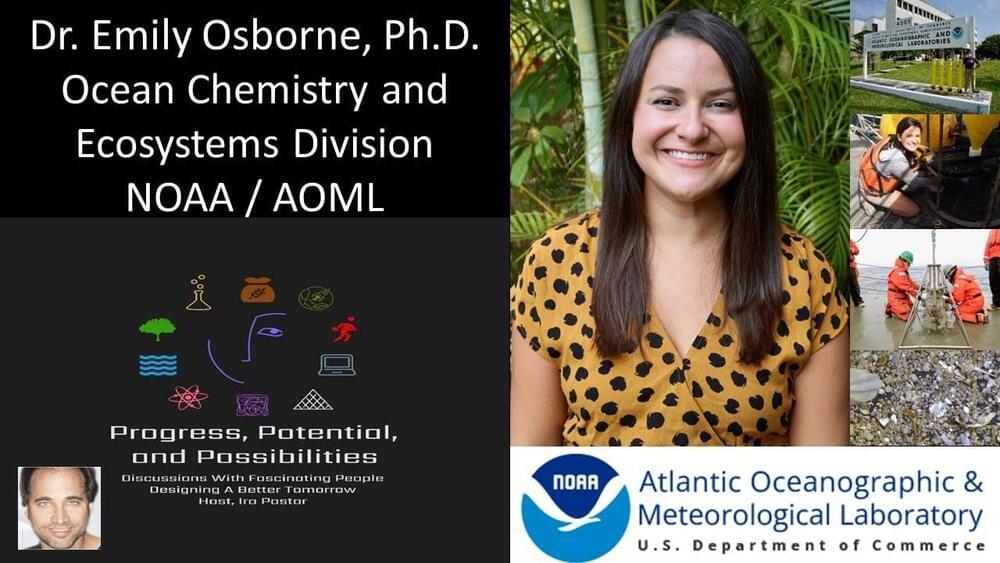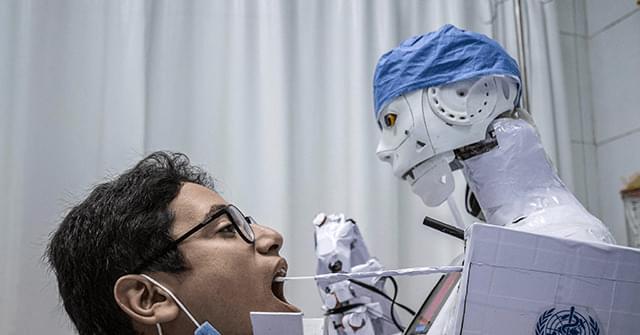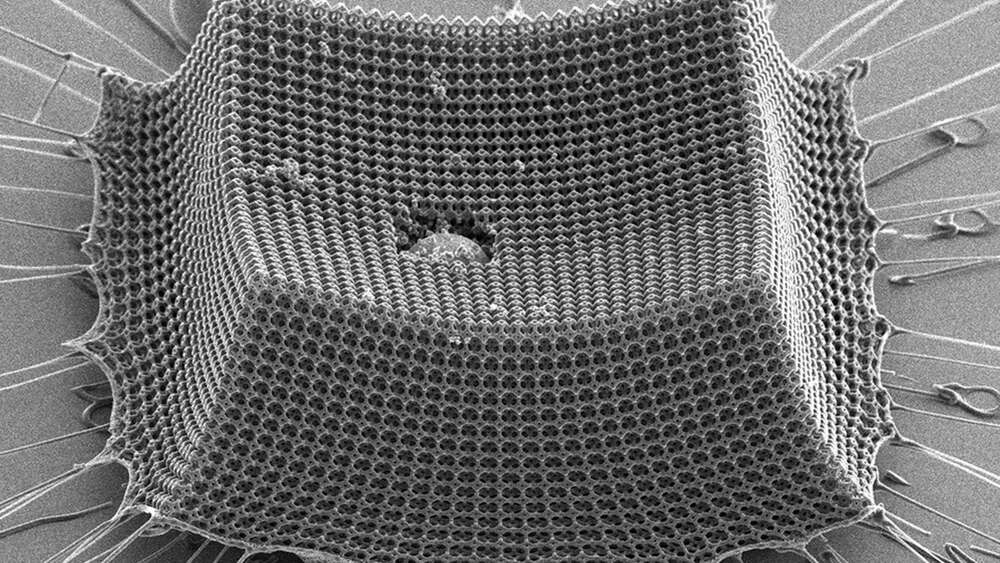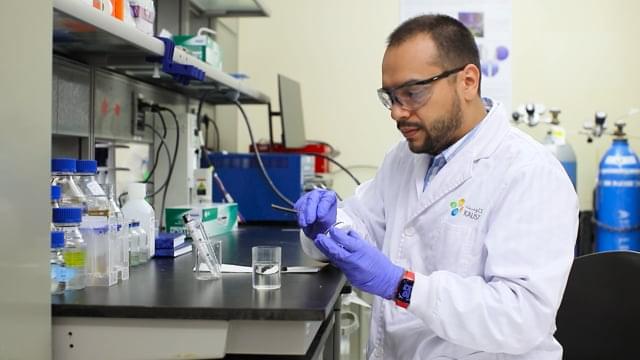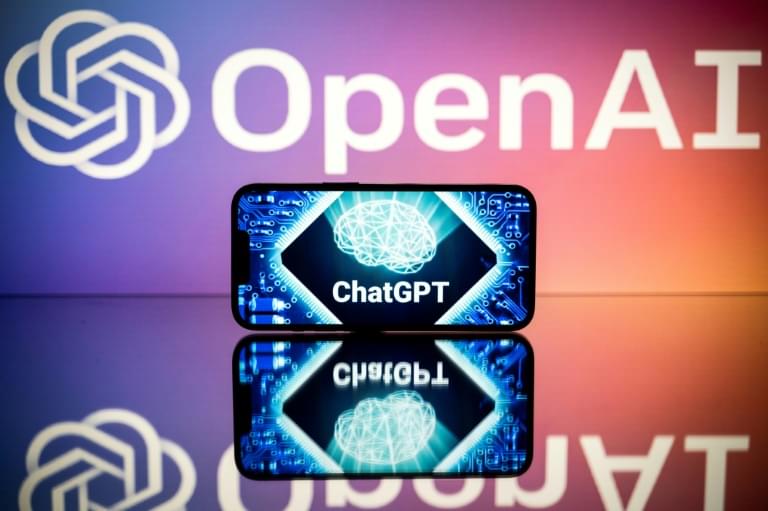Mar 20, 2023
NASA and Other Agencies Have a New Pollution Eye in the Sky
Posted by Atanas Atanasov in categories: biotech/medical, education
TEMPO will study pollutants like asthma-inducing nitrogen dioxide and cancer-causing formaldehyde.
A new space instrument called TEMPO will target North America’s air pollution problem, and highlights one of its big challenges.
Continue reading “NASA and Other Agencies Have a New Pollution Eye in the Sky” »

